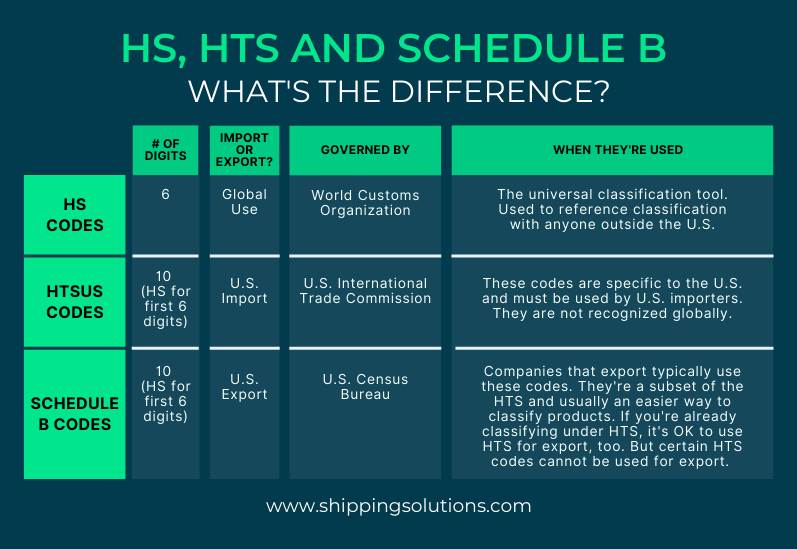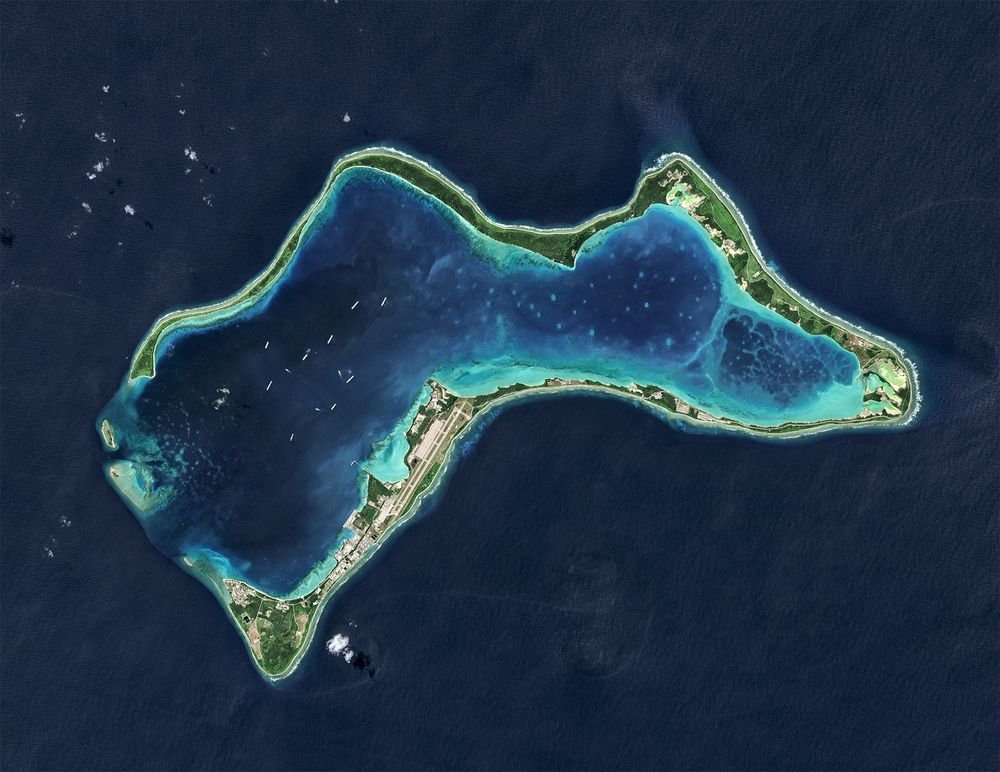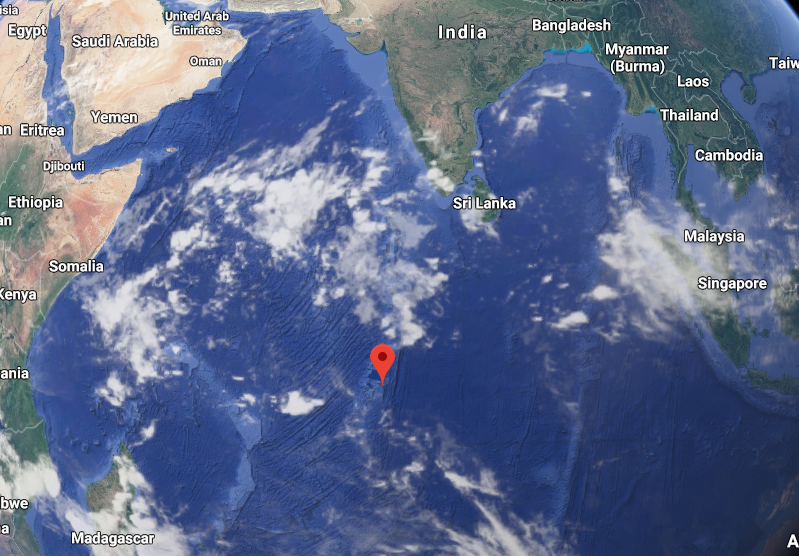🔮Though the MS River has been re-opened, this brings up a darker second-order thought:
Are we prepared for a severe-to-catastrophic Gulf hurricane this year?
US export rail and container congestion (normal alternatives) will not be clear for the duration of hurricane season.



Are we prepared for a severe-to-catastrophic Gulf hurricane this year?
US export rail and container congestion (normal alternatives) will not be clear for the duration of hurricane season.
https://twitter.com/man_integrated/status/1392930843958579204
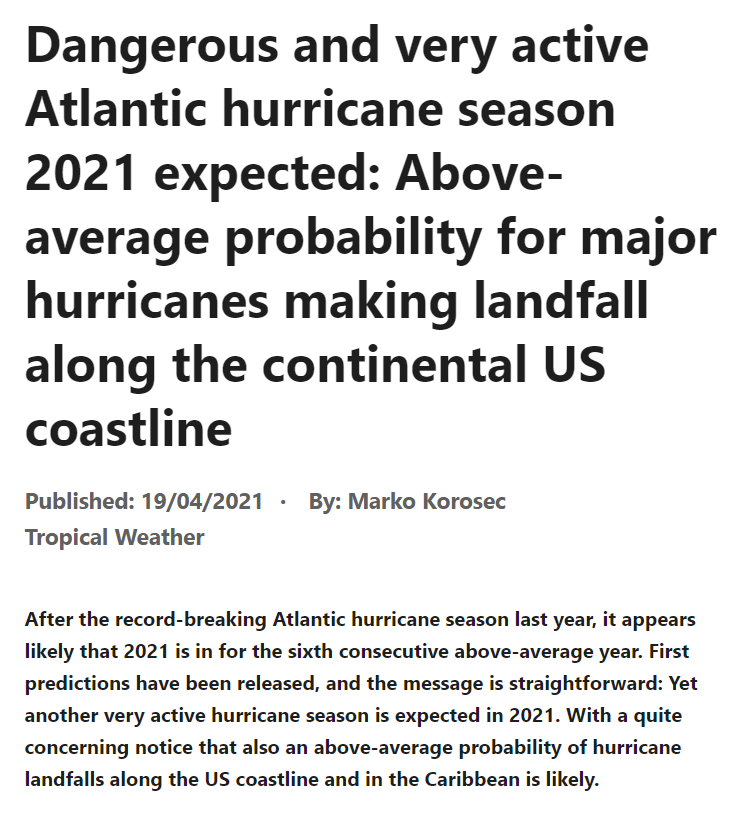
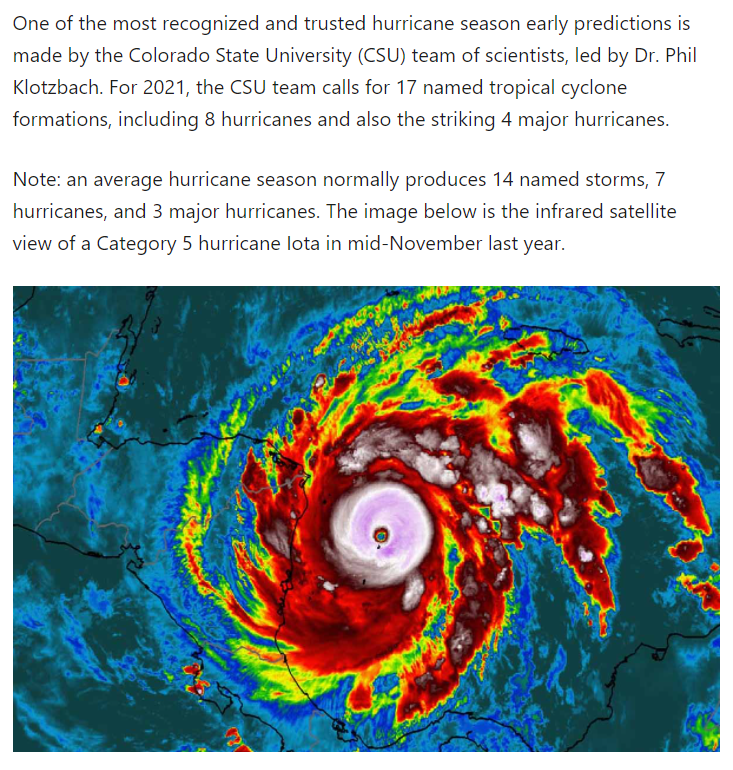


• • •
Missing some Tweet in this thread? You can try to
force a refresh






